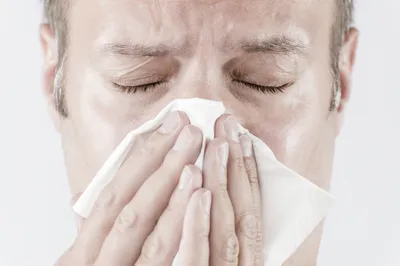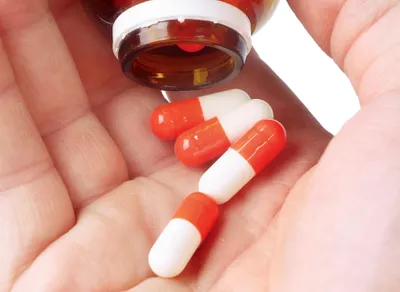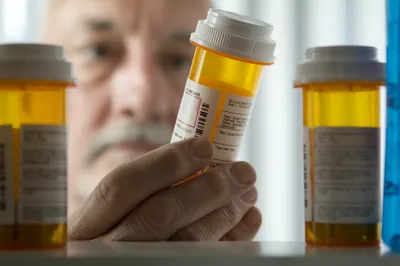Antibiotics can be a necessary evil, particularly if you use them to help you overcome a nasty bacterial, fungal, or parasitic infection. However, if you’re under the impression that antibiotics combat every cold, flu, and virus known to humankind—think again! For instance, popping antibiotics won’t do you any good if you’re suffering from a viral infection, such as gastroenteritis (stomach flu) or bronchitis. And not only will the drugs not help you kick the virus itself; taking drugs when you don’t absolutely need them can cause antibiotic resistance, meaning they make your body (and germ bacteria) drug-resistant to prescription treatment.
Antibiotic resistance is a widespread problem in North American culture. It can lead to more expensive personal health care, lowered immunity, and even put your life in danger if you get sick.
Here are the nine most common dangers of antibiotic misuse…
1. Longer-Lasting Illnesses
Antibiotic resistance results from the overuse of antibiotics, which means when you need antibiotics to help overcome an illness; they may not work to eliminate germ bacteria. Because illnesses are resistant to drug treatments; you may be sick for much longer than typical.
2. More Expensive Health Care
Due to the fact that a simple antibiotic prescription won’t be enough to treat the illness of a person suffering from antibiotic resistance, you can expect heftier health care bills—associated with extended hospital stays and more expensive medications.
3. Extra Doctor Visits
The more antibiotics are used in excess to treat colds, flu, or other viral infections ineffectively; the more they will become ineffective against bacterial viruses that they can actually treat. For this reason, you can expect repeated trips to the doctor to find an effective treatment for the same illness.
4. Higher Risk of Spreading Illness
When a human body becomes antibiotic resistant, illness-causing bacteria turns resistant to treatment. This means that when you’re sick; you’ll be more prone to spread the illness to others, putting your family and coworkers at risk.
5. Dangerous Treatment Alternatives
I say alternatives, because those with antibiotic resistance often need multiple treatments before they find one that will actually work to cure their illness. When first line antibiotics from your doctor are ineffective, your health care provider will be forced to prescribe less commonly used medications, many with damaging side effects, in order to properly treat your illness.
6. Costly Tests and Indirect Health Costs
The additional costs of antibiotic resistance can also double and triple in cases where the patient requires additional medical tests, treatments, hospitalization, and time off work due to the inability to properly treat their illnesses.
7. Incorrectly Taking Medications
There is a tendency for those with antibiotic resistance to also be prone to inaccurately taking prescription drugs. For instance, they may take more or not enough of medications correctly if they start to feel better. However, not taking a full course of antibiotics as prescribed by your doctor may not kill all of the harmful bacteria, meaning you will remain sick. On the other hand, overtaking your medication can destroy the beneficial bacteria in your digestive system, causing additional upset.
8. Unsafe Misuse of Medications
You might also think that it’s a good idea to save any left-over antibiotics to pass along to a sick loved one or use the next time you get sick to treat an illness. However, without the proper medical know-how, you may be jeopardizing your health or the wellbeing of another by taking an unsuitable drug for that particular illness.
9. Putting Your Life and Others at Risk
In rare cases, antibiotic resistance can cause severe health complications and death if patients are resistant to treatments, particularly in those with lowered immunity –such as elderly individuals or those with another severe health condition (i.e., cancer or AIDs).












